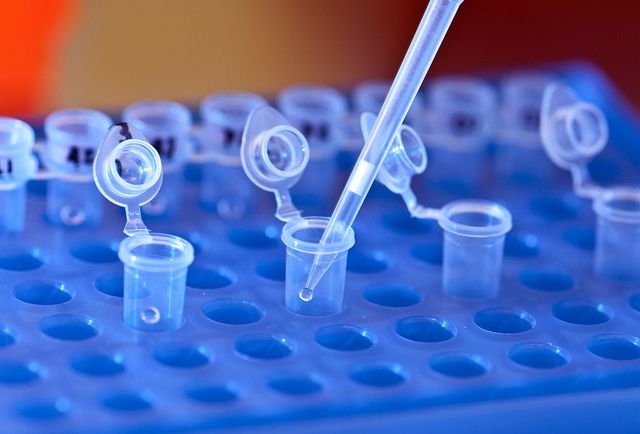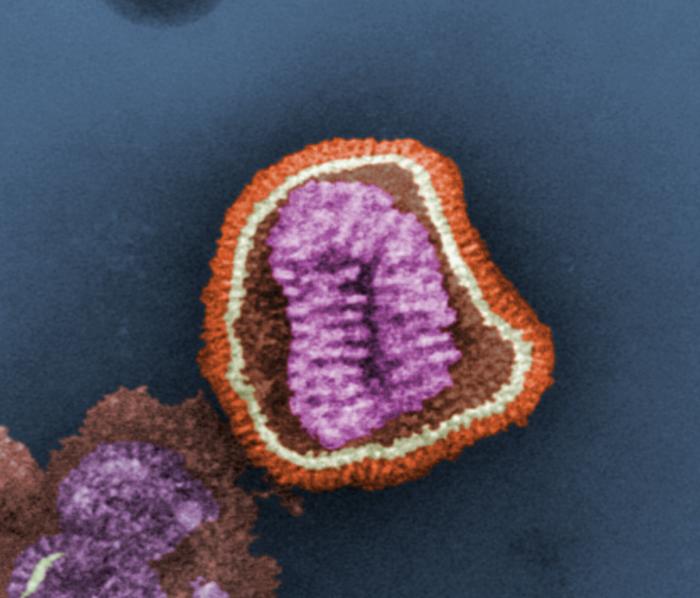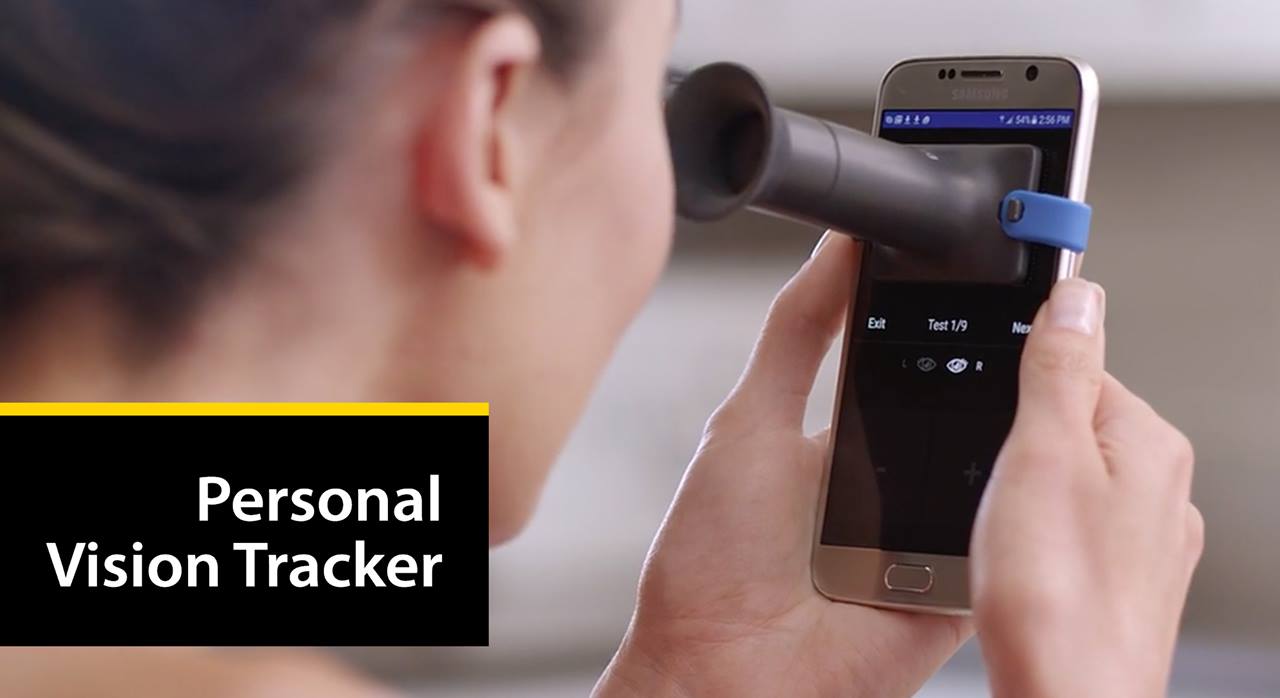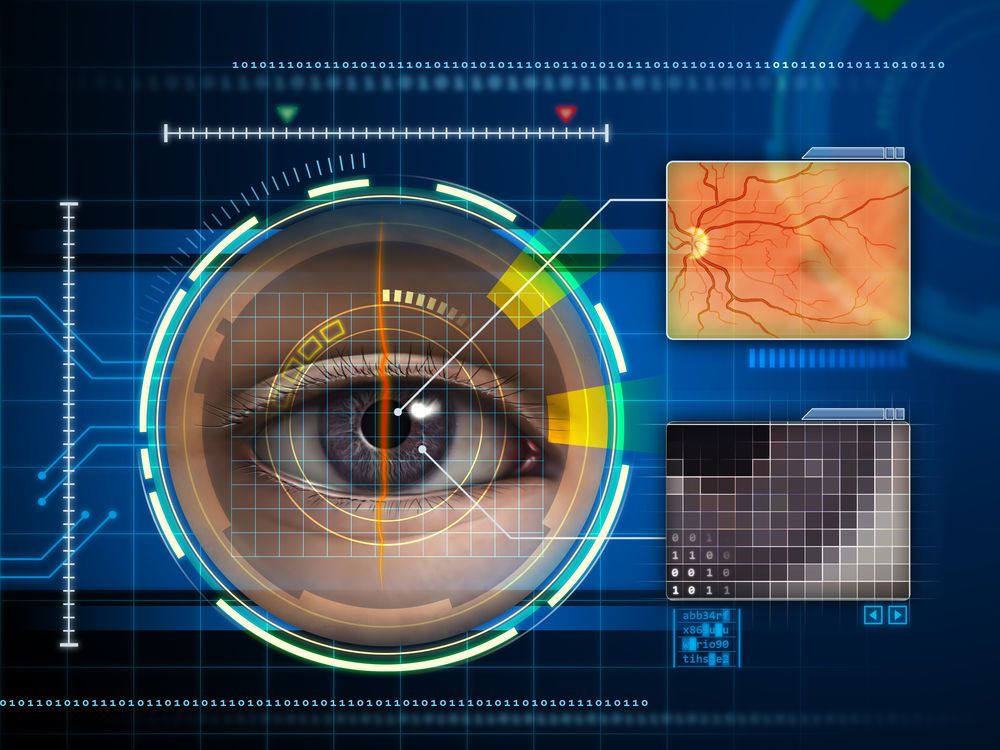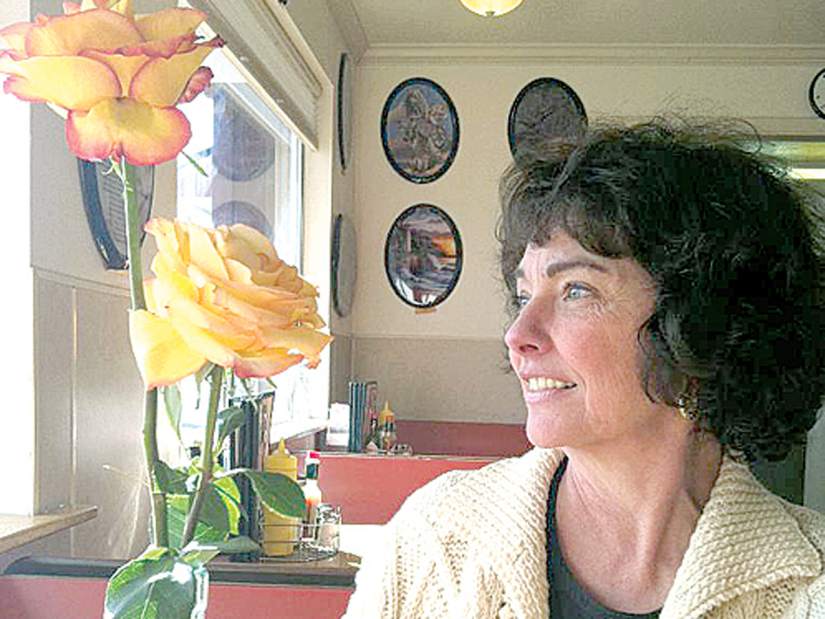Archive for the ‘biotech/medical’ category: Page 2562
Dec 30, 2016
CRISPR Could Fix Blindness-Causing Mutation
Posted by Shane Hinshaw in categories: biotech/medical, genetics
Dec 30, 2016
IBM Creates A Molecule That Could Destroy All Viruses
Posted by Shane Hinshaw in category: biotech/medical
Dec 30, 2016
The Five Most Revolutionary Scientific Trends to Look Out For In 2017
Posted by Zoltan Istvan in categories: biotech/medical, cyborgs, engineering, robotics/AI, transhumanism
Check out my new story for Vice Motherboard on the top things to look out for in 2017: http://motherboard.vice.com/read/five-scientific-trends-2017 #transhumanism
Neural prosthetics, driverless cars, geoengineering and more.
Dec 29, 2016
First CRISPR-Edited Cells Tested in Lung Cancer Patient
Posted by Dan Kummer in category: biotech/medical
Dec 29, 2016
Immune cells in covering of brain discovered; may play critical role in battling neurological diseases
Posted by Sean Brazell in categories: biotech/medical, neuroscience
This could be a huge deal, a game changer even.
Definitely research to follow closely.
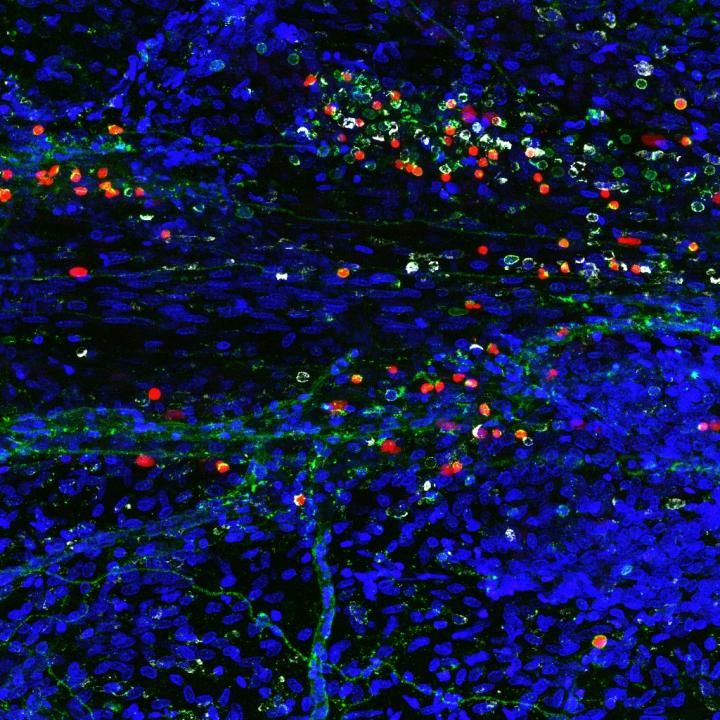
Dec 29, 2016
Personal Eye Doctor
Posted by Klaus Baldauf in categories: biotech/medical, mobile phones
Dec 29, 2016
Man suffering from ALS creates home electronic automation system that uses eye movement and brain waves
Posted by Karen Hurst in categories: biotech/medical, robotics/AI
Nice.
(NaturalNews) A diagnosis of amyotrophic lateral sclerosis (ALS), commonly known as Lou Gehrig’s disease, was once considered a death sentence, but advanced automation technology is offering new hope to sufferers of the rare condition.
Most ALS patients eventually face an extremely difficult choice: either die from the lack of ability to breathe once the disease progresses or undergo a tracheostomy and spend the rest of one’s life on a ventilator – unable to move or speak.
Dec 29, 2016
Portrait of the artist may help diagnosis of brain diseases
Posted by Karen Hurst in categories: biotech/medical, neuroscience
Some of the most famous artists in history may have left subtle clues to brain disease in their work, scientists have found.
Dec 29, 2016
Cells dripped into brain help fight a deadly cancer
Posted by Karen Hurst in categories: biotech/medical, neuroscience
A man with deadly brain cancer that had spread to his spine saw his tumors shrink and, for a time, completely vanish after a novel treatment to help his immune system attack his disease — another first in this promising field.
The type of immunotherapy that 50-year-old Richard Grady received already has helped some people with blood cancers such as leukemia. But the way he was given it is new, and may allow its use not just for brain tumors but also other cancers that can spread, such as breast and lung.
Grady was the first person to get the treatment dripped through a tube into a space in the brain where spinal fluid is made, sending it down the path the cancer traveled to his spine.
Continue reading “Cells dripped into brain help fight a deadly cancer” »
